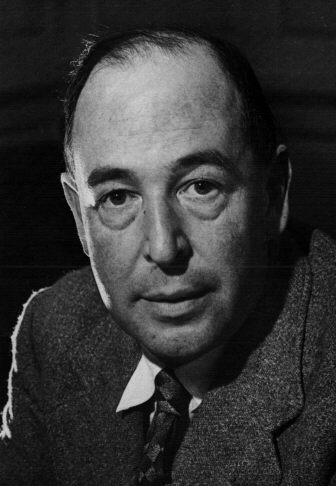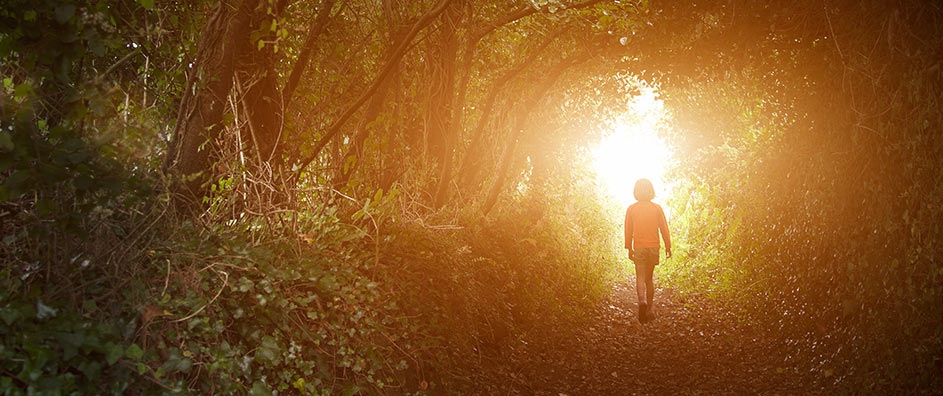The views expressed in our content reflect individual perspectives and do not represent the authoritative views of the Baha'i Faith.
Every society has spiritual underpinnings.
If you doubt it, look carefully at history, archaeology, and the place they meet: cultural anthropology. Even in cultures where religion and spirituality were discouraged or forbidden, they thrived secretly. Indeed, one of the most effective ways to strengthen a faith community—as the leaders of oppressive regimes have discovered—is to attempt to control, suppress or expunge it.
My secularist friends and colleagues readily admit that the force of religion is strong in us human beings. In general, I think they accept that idea much more readily than do my fundamentalist Christian acquaintances—certainly more readily than I did when I was “in the church.”
According to one interpretative history, humans have simply invented God over and over again in different anthropomorphic ways, because at some primal level we feel we “need” God to explain things, to give us comforting certitude in our uncertain existence, or to provide a sense of wonder.
As a Baha’i, I believe the “need” for God is written into our spiritual makeup, just as the need for water is written into our physical makeup. It’s part of our spiritual DNA, if you will. A passage from the Baha’i sacred texts states that: “…the influence of Thine attraction hath everlastingly been inherent in the realities of thy handiwork…” – Selections from the Writings of the Bab, p. 174. This suggests that our attraction to God is inherent in our human reality.
Whatever the source of that spiritual impulse, I often see speculative fiction—especially science fiction—that depicts societies with no sense of the spiritual, the mystical, or the arcane. None. When faith, magic or miracle do put in an appearance, they are often disguised as something else. It’s not religion, it’s philosophy, arrived at bloodlessly through logic. It’s not magic or miracle, it’s technology. We’re not debating the existence of God or the balance between good and evil, we’re just wondering whether the Force is a duality with a Light and Dark side or a beneficent singularity (the Potentium), in which case, the darkness lies within us.
Having been party to that debate as an author of Star Wars novels, I can vouch for how seriously the participants take their philosophical/religious views. Some Star Wars fans bristled at the suggestion that the hero of The Last Jedi (a collaboration with the inestimable Michael Reaves) “believed in” the Potentium.
Conversely, observe how religious-sounding terms are used for secular ideas. Belief in evolution is called “Darwinism.” The idea that science can answer even our deepest moral and “spiritual” questions is “Scientism.” New atheists debate how we can replace religion with scientific principles and rituals and do away with the “religious experience” in favor of a scientifically-generated sense of wonder.
Even in fantasy fiction, I often see magic and miracle pried free of any context with religion, despite the fact that in the real world, magic has its origins in religion. At the extreme poles of the “real world” discussion, stand fundamentalist theologians and militant atheists. People at one pole reject religions other than their own and view magic as diabolical; those at the other, see all religion and religious thought and view magic and miracle as irrational. Yet, historically, these elements are interwoven.
This brings us to a question of terminology: What is a “miracle” and what is “magic?”

C.S. Lewis
Judging by the debate within the Christian community over the fictional works of JK Rowling, Madeleine L’Engle, Jane Yolen, C.S. Lewis, etc. the place of magic and miracle in our world is a contentious issue. In one of my novels, A Princess of Passyunk, Rabbi Andrukh tells my teen-aged protagonist that magic is what we do and miracles are what God does. That’s Rabbi Andrukh’s definition, not mine, and I used it as a stepping-off point to explore an idea, not to enclose something in a box.
In the history of both the Russian Orthodox and Catholic Churches, spells used by the laity and Church magicians were literal prayers. In The Bathhouse at Midnight: Magic in Russia, W.F. Ryan notes that in the Russian Orthodox experience, “The very fine line between canonically acceptable prayers and magical invocations is, as in the Catholic West, frequently blurred at the popular level….” In some cases, writes Ryan, the only real difference between a prayer and a spell was who uttered it: “For example the Bol’shoi trebnik (a book of special services and prayers) … contains many prayers which, if uttered by a ’wise woman,’ would be classed as zagovory…” – p. 164. She is casting spells. If a clergyman says the same verses, says Ryan, he is praying.
This ability to see the same spiritual concept in two such different ways lies at the heart of much written about religion and religious history. An atheistic historian might write about world history with religion placed somewhere at the periphery as an annoying or even dangerous distraction; a Christian historian may assert that Jesus Christ is utterly unique in history and is the most important Person ever; a Baha’i historian such as TK Cheyne would put religion squarely in the middle of everything, but view it as an ongoing, unfolding process, rather than an “once for all time” event.
This is bias, which no human being is immune to, and it is an important factor in how we communicate about religion. We must factor in not only our own biases and prejudices, but also those of the people we’re communicating with. Being aware of a writer’s or speaker’s prejudices and biases, and understanding not just the content but the intent of their communication, helps us analyze their ideas.
Next: Screaming from the Pulpit
You May Also Like
Comments

















Thanks with gtatitude.
Tim Hayes